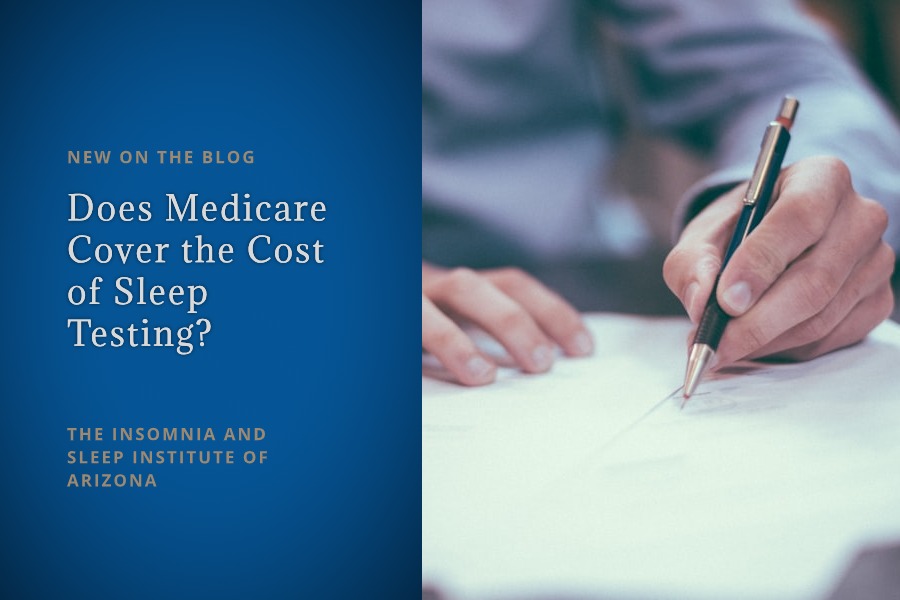What Is Sleep Testing?
A sleep study, also known as polysomnography, is a diagnostic test conducted to evaluate sleep patterns and diagnose sleep disorders. During a sleep study, a patient typically spends the night at a sleep center or hospital while various physiological parameters are monitored.
These parameters may include:
- Brain activity: Electroencephalography (EEG) records brain waves and helps identify different sleep stages.
- Eye movement: Electrooculography (EOG) tracks eye movements, aiding in the identification of REM (rapid eye movement) sleep.
- Muscle activity: Electromyography (EMG) measures muscle activity, which helps determine if the patient is experiencing conditions like periodic limb movement disorder.
- Heart activity: Electrocardiography (ECG) records heart rate and rhythm.
- Breathing patterns: Respiratory monitoring tracks breathing effort and airflow, crucial for diagnosing conditions such as sleep apnea.
- Oxygen levels: Pulse oximetry measures oxygen saturation in the blood, identifying episodes of oxygen desaturation, which can occur in sleep apnea and other conditions.
Based on the data collected during the sleep study, healthcare professionals can diagnose various sleep disorders, such as obstructive sleep apnea, insomnia, narcolepsy, restless legs syndrome, and parasomnias. This information helps guide treatment and management strategies to improve sleep quality and overall health.
Medicare Coverage for Sleep Testing Under Original Medicare
As you may know, Medicare is a federal health insurance program in the United States primarily designed for individuals aged 65 and older, though it also covers certain younger people with disabilities and those with end-stage renal disease (ESRD) or amyotrophic lateral sclerosis (ALS). Established in 1965, Medicare provides coverage for various healthcare services to help beneficiaries afford medical care.
According to Medicare.gov, Medicare Part B covers sleep testing if you meet the following criteria:
- You have clinical signs and symptoms of sleep apnea
- Your doctor must order the test
- The sleep test must be done in a sleep lab facility
It’s important to note that, even after meeting your annual deductible, you will still have to pay 20% of the cost out-of-pocket. Medicare Part A is for hospital coverage and Medicare Part D is for drug coverage, so neither is particularly relevant to sleep testing.
Medicare Coverage for Sleep Testing Under Medicare Advantage
If you have Medicare Part C, also known as Medicare Advantage, you have additional private coverage above and beyond what is provided by basic Medicare coverage. Such coverage may include the following, for example:
- Lower out-of-pocket costs
- Coverage of sleep testing for more issues
But since Medicare Advantage plans are all different, administered by different insurers, it’s impossible to say what is and what’s not covered without carefully evaluating each individual plan. See Medicare Advantage Plans in Arizona for more information.
Conclusion
So the answer to the question is “yes,” Medicare does cover sleep testing but the amount and scope of coverage depends on your specific plan. If you think you may benefit from sleep testing, we suggest you schedule an appointment with the Insomnia and Sleep Institute of Arizona so that we can evaluate your specific needs and insurance coverage.





